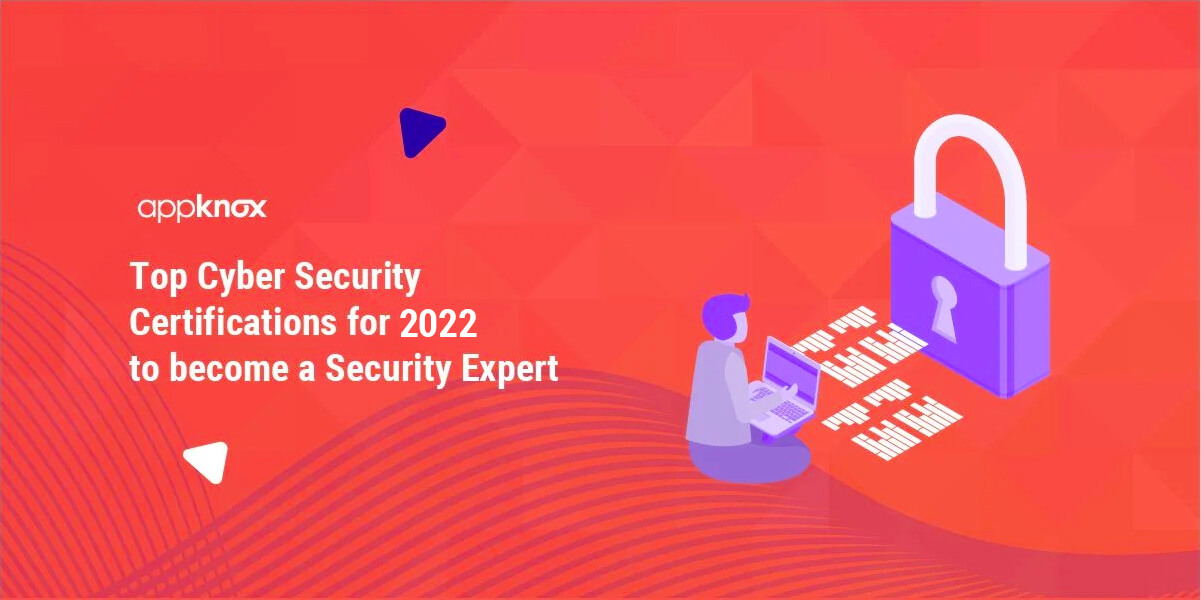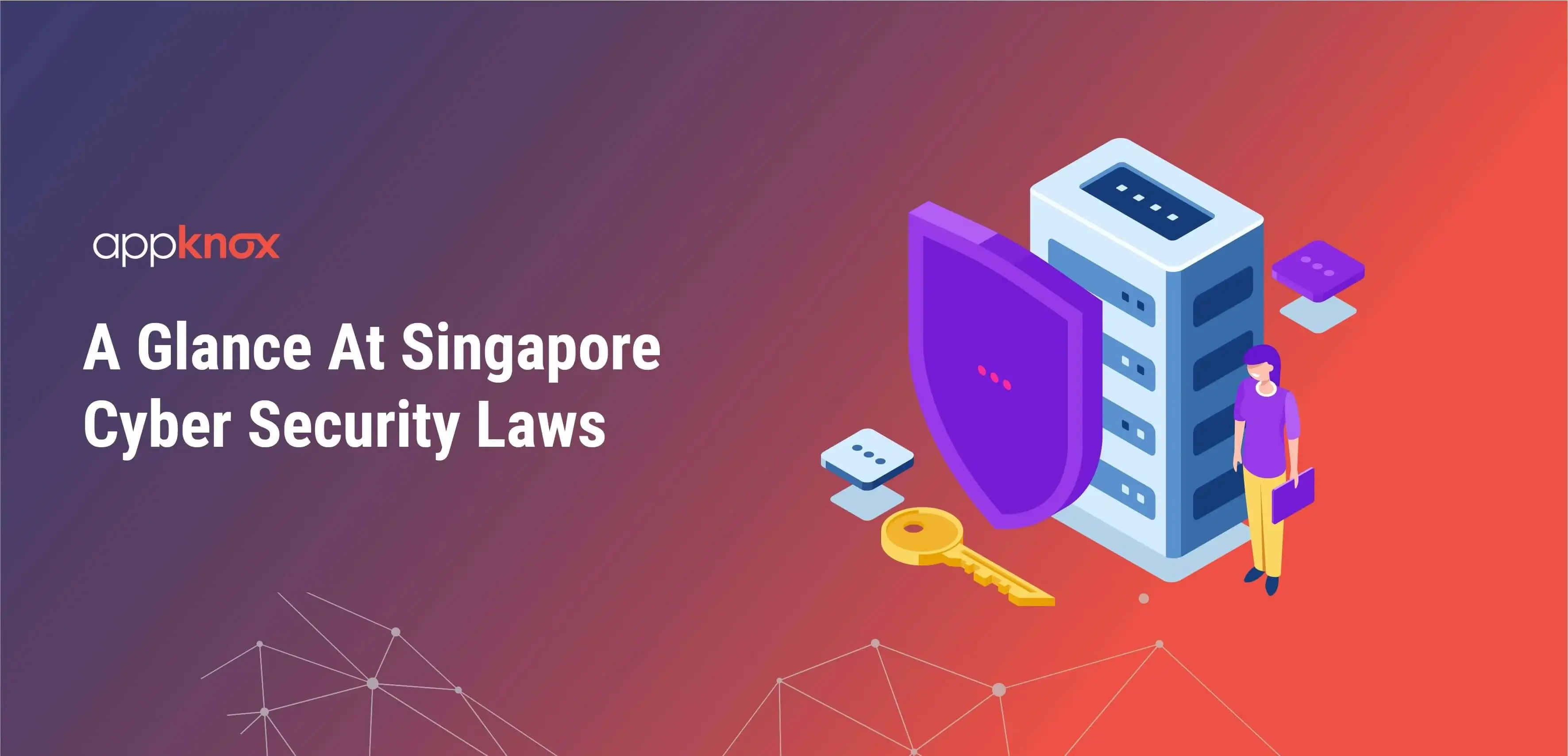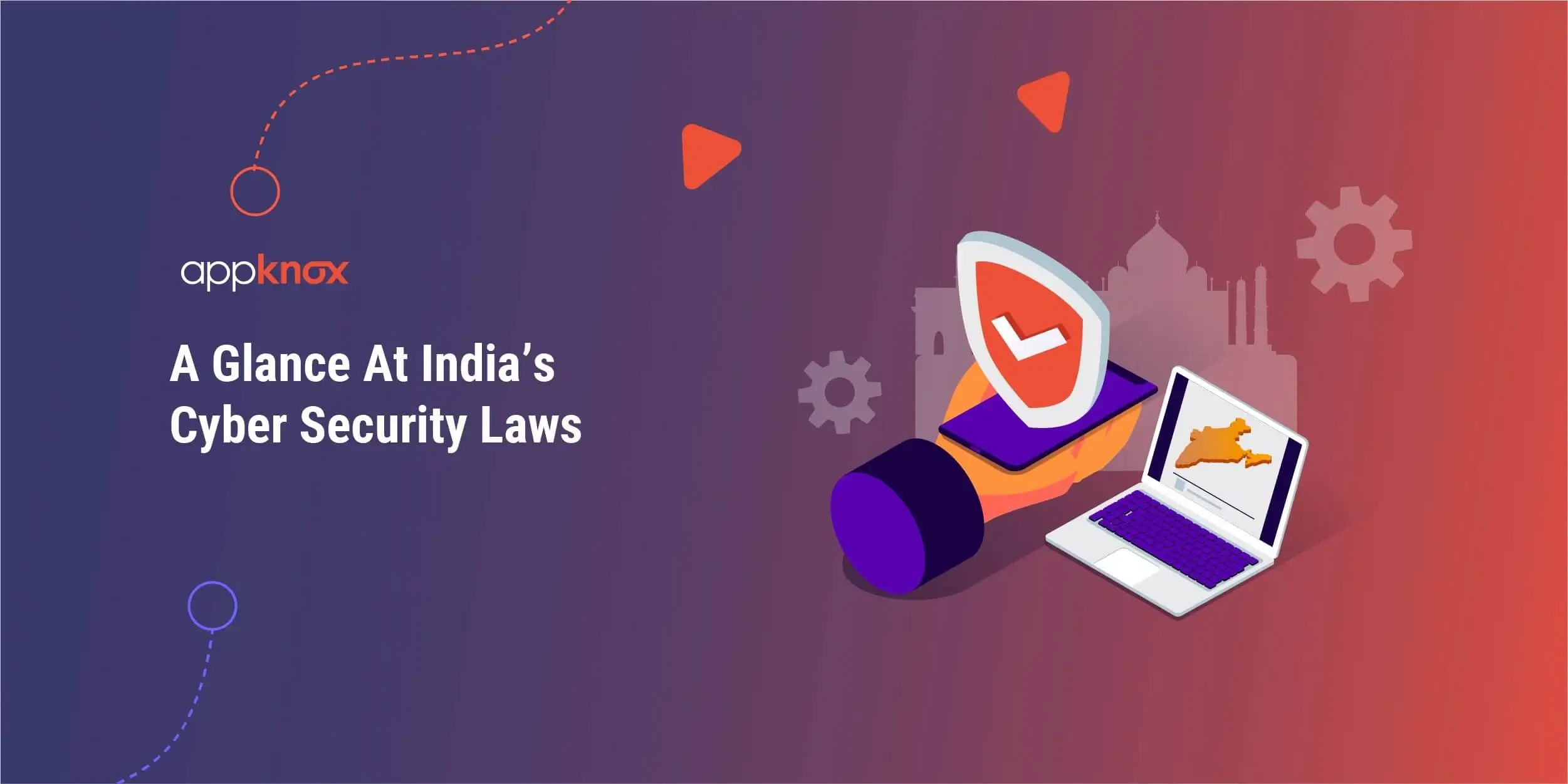The numerous information security breaches of this kind not only result in massive losses but also call for the need for skilled security experts in the field of IT and programming. The expertise of this level can easily be gained by obtaining some well known and trusted security certifications which have been designed to help you understand the security systems better.
Is Cybersecurity Certification Worth it?
If you are enthusiastic about the field of cybersecurity, you already understand the value of certifications. They have a great deal of power, and while they won't get you a job on their own, they can help enhance your resumé and are occasionally quite necessary for employment.
Cyberattacks surged 50% year over year, according to Check Point Research, with each firm suffering 925 cyberattacks every week globally. According to statistics, businesses saw 50% more attacks per week in 2021 than they did in 2020. This figure excludes any data breaches that were not notified. And as a result, the global cyber security market is expanding continuously and is expected to reach USD 366.10 billion by 2028, opening up an array of opportunities for cybersecurity experts.
By 2019, it was expected that we would require 6 million cybersecurity specialists, with 3.5 million cybersecurity jobs remaining vacant by 2021. In fact, cybersecurity positions are rising at three times the rate of other computer jobs. In these circumstances, a valued cybersecurity certification must be considered if you want to go into a career with a lot of demand and job chances.
How to Get into Cybersecurity?
Many firms now require cybersecurity experts to hold a bachelor's degree, while some companies still hire certification candidates for certain jobs. With the correct certification, you might be able to get an entry-level position if you have a background in technology or past security experience.
Some of the entry-level professions that will lead to increased job responsibilities include systems administrator, web administrator, web developer, network engineer, and IT technician. Continuously earning certifications, taking courses, and staying on top of industry developments are the best ways to raise your wage and employment position.
Security experts earn between $50,000 and $70,000 on average, with highly trained workers earning well over $100,000. Examining our job ads is an excellent method to identify the greatest fit for your skillset. Some organizations demand many years of expertise, while others provide exciting and rewarding chances to entry-level job seekers.
Consider taking some classes and attending some seminars if you don't have anything to put on your cyber security resume yet. Learn everything you can about how to get into the profession and consider enrolling in a cyber security degree program. The future of this profession is bright, as more businesses recognize the importance of having a knowledgeable and qualified cyber security professional on staff.
Why do you need Cyber Security Certifications?
Cybersecurity is one of the most vibrant and vital entities currently evolving in today's times when technological advances take a sharp leap. Massive security breaches have become common and even the major players like Facebook (faced data breach of 87 million records) and government entities like Aadhar (1.1 billion records were breached) are no longer safe from the massive security threats. With the help of these security credentials, not only do your employers get to examine your unmatched skills better, but the expertise you gain will also help you beat the hackers at their own game. So, let us explore some of the top cyber security certifications which will help you build a career in cybersecurity:
1) Offensive Security Certified Professional (OSCP)
One of the most well-recognized and respected certifications for cybersecurity professionals, OSCP provides a comprehensive and practical understanding of the penetration testing process. Containing targets of varying configurations and operating systems, the OSCP certification allows the cybersecurity personnel to identify the recurring problems and execute preventive measures in a focused manner.
The OSCP credential holders can efficiently analyze, correct, modify, cross-compile and port public exploit code along with successfully conducting both remote and client-side attacks. The credential holders are also able to write basic scripts and tools to aid in the penetration testing process and exploit XSS, SQL injection, and file inclusion vulnerabilities.
2) CEH: Certified Ethical Hacker Certification
International Council of E-commerce Consultants provides an intermediate level credential known as Certified Ethical Hacker (CEH) which is quite essential for IT professionals looking forward to their careers in ethical hacking. Certified Ethical Hackers have been known to understand the tactics of notorious hackers and can easily identify the loopholes in the information systems and existing vulnerabilities as they are trained accordingly.
The certified ethical hackers know the probable access points of penetration and other system vulnerabilities and utilize their skills to prevent unwanted access of bugs to the system. Experts with the CEH certification are often employed by established businesses to protect their information systems on a massive scale.
Often included among the top cybersecurity certifications, the CEH credential holders are meticulously trained in system hacking, footprinting, trojans, sniffers, social engineering, hacking web servers, wireless networks and web applications, session hijacking, cryptography, SQL injection and evading honeypots, IDS and firewalls.
3) Offensive Security Wireless Professional (OSWP)
Engaging the professionals to gain the practical ability to perform 802.11 wireless edits, OSWP certification holders are able to identify multi-faced vulnerabilities and challenging threats in wireless networks. The OSWP exam requires the students to connect to the exam lab via SSH where a number of wireless networks of varying configurations can be encountered.
OSWP holders can crack various WEP, WPA, and WPA2 implementations along with efficiently conducting wireless information gathering. They can also circumvent wireless network access restrictions and implement transparent man-in-the-middle attacks.
4) Certified Information Security Manager
Considered as one of the top cybersecurity certifications for IT professionals, the CISM credential helps them in managing, developing and overseeing information security systems and develop best organizational security practices for enterprise-level applications. The Information Systems Audit and Control Association (ISACA) introduced the CISM credential to security professionals in 2003 and is inherently engaged in achieving highest levels of standards in terms of audit, control, and security of information systems.
Apart from helping professionals achieve enterprise-level security management skills, the CISM credential holders are also trained in program development and management, governance and incident management. Designed exclusively for the experienced security professionals, the CISM credential program calls for ISACA's code of professional ethics and requires you to possess at least five years of security experience. Some combination of experience and education may be substituted complying with the organization's education policy.
5) Offensive Security Certified Expert (OSCE)
Considered as one of the most challenging penetration testing credentials in the industry, the OSCE certification provides a practical understanding of hard-to-find vulnerabilities and misconfigurations in various operating systems. Earned after passing a 48-hour online exam, the OSCE consists of a remotely-hosted virtual network containing varying configurations and operating systems.
OSCE holders can conduct intelligent fuzz-testing and identify hard-to-find vulnerabilities easily. Apart from being able to hand-craft binaries to evade antivirus software, the credential holders are also able to demonstrate creative problem solving and lateral thinking.
6) CompTIA Security+
One of the most respected and vendor-neutral security certifications, CompTIA security holders possess excellent technical skills along with broad knowledge in multiple security-related disciplines. Although an entry-level certification, the successful candidates of Security+ credential should possess at least two years of network security experience and obtain Network+ certification.
Cryptography, security systems, identity management, threat management, network access control, and security infrastructure are some of the areas where Security+ credential holders are structurally skilled in. Recognized among the top cybersecurity certifications, the CompTIA Security+ is approved with the standards of ISO 17024 and the U.S. Department of Defence as well.
7) Offensive Security Exploitation Expert (OSEE)
Considered as one of the top cybersecurity certifications, OSEE demonstrates a candidate’s ability to research and develop exploits through reverse engineering, assembly, and disassembly. Earned by passing a 72-hour online certification exam, an OSEE certificate holder is quickly able to analyze vulnerable software, find the problematic code and develop a functioning exploit within no time. The certificate holders can also create custom shellcode, exploit Windows kernel drivers and evade DEP and ASLR protections.
8) Certified Information Systems Security Professional (CISSP)
An advanced level certification for IT professionals, the CISSP credential is an excellent platform for sharpening information security knowledge and making a career out of it. ISC2or the International Information Systems Security Certification Consortium offers this vendor-neutral credential and is recognized worldwide. Apart from possessing an expert level of technical knowledge and skills, CISSP credential holders are excellent decision makers when it comes to developing and managing security standards and policies within their organizations.
Well-recognized by IT ecosystems, CISSP continues to be one of the most sought after security certifications. CISSP credential requires you to have a minimum of five years of experience in at least two of ISC2's eight common body language (CBK) domains or four years of experience in at least two of ISC2's CBK domains apart from a college degree or an approved credential. Security Architecture and Engineering, Identity and Access Management, Software Development Security, and Risk Management are some of the CBK domains where you can look for experience.
9) Offensive Security Web Expert (OSWE)
After completing the OSWE exam, the OSWE certification provides a clear and practical understanding of the web application assessment and hacking process. Earned by completing a 24-hour online certification exam, an OSWE credential holder is able to identify threats in a wide variety of web applications using various technologies. The credential holders can also audit web application code to find vulnerabilities and demonstrate creative problem solving and lateral thinking.
Web services depend on experts who help keep them running and an OSWE certification can go a long way in adding an extra bullet to your cyber skills as you get to develop knowledge about advanced SQL injection attacks, bypassing character restrictions in payloads, advanced file inclusion attacks and overcome the difficulties that surface in real-life penetration tests.
10) Offensive Security Exploitation Expert (OSEE)
Considered as one of the top cybersecurity certifications, OSEE demonstrates a candidate’s ability to research and develop exploits through reverse engineering, assembly, and disassembly. Earned by passing a 72-hour online certification exam, an OSEE certificate holder is quickly able to analyze vulnerable software, find the problematic code and develop a functioning exploit within no time. The certificate holders can also create custom shellcode, exploit Windows kernel drivers and evade DEP and ASLR protections.
11) Kali Linux Certified Professional (KLCP)
Widely regarded as a professional credential that testifies to one's knowledge and fluency with the Kali Linux penetration testing platform, the KLCP holders have the requisite skills, knowledge, and abilities to put Kali Linux to use as advanced power users who are capable of creating highly customized and secure deployments.
The goal of the valued KLCP certification is to specifically test working proficiency in Kali Linux, and this is objectively measured by asking technical questions about the operating system. The exam is proctored by VUE and the possession of this highly trusted credential ensures your stronghold as an expert cybersecurity professional in the market.
12) GSEC: SANS GIAC Security Essentials
GIAC Security Essentials (GSEC) is another entry-level credential for professionals who wish to understand information security terminology and possess technical expertise and knowledge vital for occupying hands-on security roles. Public Key Infrastructure, Network Mapping, Linux, Network Protocols, Access Controls, Password Management, DNS, Cryptography, Ipv6, and Preventing Wireless Attacks are some of the major areas where GSEC holders are inherently trained in. Quite a bit more expensive than Security+ exam, GSEC is currently priced at $1,899 and the successful candidates are required to renew the certification after every four years.
Apart from these must-have credentials, there are a number of other top cybersecurity certifications available for IT professionals interested in this field. Some of them include Cybersec First Responder (CFR) certification, Cisco CCNA Cyber Ops certification, CompTIA Cybersecurity Analyst+ certification, and CISA (Certified Information Systems Auditor).
If you are looking for a cybersecurity career, then these certifications not only add to your career infographic but also help you stand out among other candidates as far as job prospects are concerned. It can prove out to be one of the critical factors deciding your level of excellence in work and your career growth as well.
How to Find Remote Cyber Security Jobs after Certifications?
With the rise in remote work opportunities, the field of cybersecurity has also seen a surge in remote job positions. After obtaining cybersecurity certifications, you may be eager to explore remote job options that allow you to work from anywhere in the world. Fortunately, there are several avenues you can explore to find remote cybersecurity jobs that align with your expertise. Here are some effective strategies to consider: Remote Job Platforms: Visit platforms like RemoteWokr that specialize in remote cybersecurity job listings. Professional Networking: Connect with colleagues, mentors, and industry professionals to learn about remote job openings. Attend online conferences and engage in cybersecurity communities. Company Websites: Check the websites of cybersecurity organizations for remote job sections and subscribe to newsletters or job alerts. Social Media: Follow cybersecurity influencers and companies on platforms like LinkedIn, Twitter, and Facebook for job postings. Freelancing and Consulting Platforms: Consider freelancing or consulting on platforms like Upwork or Freelancer for remote project-based work. Tailor your resume and cover letter to highlight your certifications and relevant experience for remote job applications. Stay proactive and showcase your ability to work independently in a remote environment.
How to Choose a Cybersecurity Certification?
Getting certified is the greatest way to demonstrate your talents to companies, whether you want to go into cybersecurity or advance your current cybersecurity profession. How do you know which cybersecurity certification is suitable for you when there are so many to pick from? You can choose from a variety of sources for certifications ranging from broad cybersecurity knowledge to specific job positions and vendors.
Although the list can be daunting, there are ways to narrow down your choices and select the ideal certification for you. When selecting a certification, keep the following points in mind:
- Level of Experience Required: Choose a certification that is appropriate for your current level of experience to ensure your success. Certifications vouch for the abilities you already possess.
- Area of Focus: Are you ready to specialize in cybersecurity or are you validating general cybersecurity skills? Select the certification which stands true to whatever area you are trying to focus on.
- Type of Examination: Some certifications only need you to answer questions, while others require you to demonstrate your abilities through simulations. This can be a major decider while selecting a suitable cybersecurity certification for yourself.
- Cost: The cost of certification varies greatly. Check to see if the money you're paying is providing you with the value you require.
Conclusion
Cybersecurity certifications can help you improve your resume and give your talents more credibility. Certifications can help you acquire a lucrative leadership position at a number of top firms around the country when combined with a graduate degree in cyber security. As a result, certifications are frequently best used in conjunction with information security or cybersecurity degrees. Selecting a cybersecurity certification that best suits your needs and future vision is equally important.




.jpg)
 Gartner and G2 recommends Appknox | See how we can help you with a free Demo!
Gartner and G2 recommends Appknox | See how we can help you with a free Demo!
 Harshit Agarwal
Harshit Agarwal










_HighPerformer_HighPerformer.png)
_BestEstimatedROI_Roi.png)

